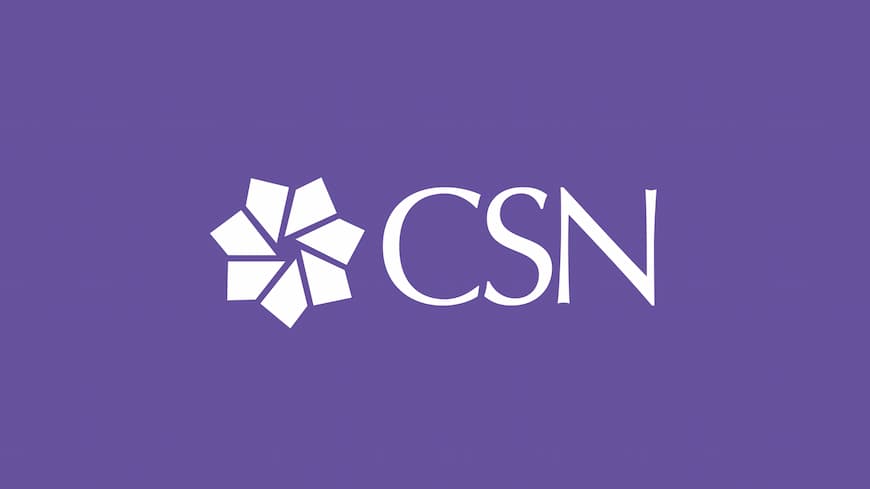
35% of students state this is because they couldn’t afford them, while 32% could afford them but felt it was a waste of money. Economics, political science, and biology students are most likely to avoid buying course learning materials, whilst 90% of students believe that most textbooks should be provided digitally.
18 November 2021 - LONDON - Seven in 10 (70%) of students in the UK have skipped buying necessary textbooks and learning materials, according to new research from learning enablement technology provider, BibliU. More than a third of students (35%) said they couldn’t afford to buy their textbooks, while a further 32% could afford them but felt the purchase would be a waste of money.
With students paying up to £9,250 in tuition fees - accumulating to £27,750 for a typical three-year course - the data further emphasises the financial challenges students face. Tuition fees, alongside the cost of course materials and wider costs such as accommodation, travel and more, can impede students’ learning possibilities and in some cases their ability to go to university at all.
Among age groups, younger students aged 16-24 (72%) were more likely to say they have skipped buying course-required learning materials. It was also slightly more common among female students (71%) than male (68%), and among those studying economics (88%), political science (83%) and biology (79%).
Economics: 88%
Political science: 83%
Biology: 79%
Art: 77%
Criminal justice: 76%
The news comes as students also revealed that greater mental health support and lower prices for learning materials (both 49%) would most improve their learning experience this academic year.
The findings come from research conducted by BibliU in collaboration with Censuswide, surveying 1,000 UK university students between 30 September and 7 October 2021.
Commenting on the findings, Dave Sherwood, CEO of BibliU, said: “It’s shocking to see so many UK students are skipping buying vital course materials. This must be a catalyst for change with students now expecting learning materials to be offered as digital resources. If they are to excel in their chosen studies, students must have access to the learning content they need.
“The onus is now on textbook providers and universities to come together to reimagine the business model that will underpin the future of UK higher education. To do this, content accessibility must be democratised. This means working with learning enablement solutions that offer digital content management, workflow automation, and analytics features that benefit the trifecta of textbook providers, universities, and students.”
With so many students opting out of buying textbooks, the findings also revealed that almost all (90%) students agree that textbooks should be provided to students digitally. Almost half (44%) think that most learning materials should be digital at universities right now, with a further 27% expecting this within the next three years and 20% within five years.
One of the main benefits of digital learning resources is that they enable interactive learning and offer accessibility features to students, which can enhance learning but are also hugely helpful for people with different learning abilities or those with physical disabilities who may find it harder to get to physical libraries or bookshops.
When looking at what interactive features students would want to use within digital textbooks, students would be most likely to use in-book quizzes with adaptive questions to track progress (48%); a search option to quickly find quotes or diagrams (46%); and text-to-speech, audiobooks or speed reader (40%). These preferences differ by field of study, with information technology (60%) students preferring in-book quizzes with adaptive questions to track progress; those studying communications (70%) wanting a search option to quickly find quotes or diagrams; and students specialising in criminal justice (57%) wanting text to speech, audiobook or speed reader functionalities.
In terms of genders, male students would use in-book quizzes with adaptive questions to track progress (42%); videos (41%) and a search option to quickly find quotes or diagrams (40%), while female students would use a search option to quickly find quotes or diagrams (47%); colour (42%); and text-to-speech, audiobooks or speed reader (41%).
Edtech innovator BibliU is defining the future of higher education by democratizing content accessibility. Designed to address the unique requirements of students, faculty, libraries, and publishers, BibliU’s learning enablement solution features digital content management, workflow automation, and analytics. With BibliU, colleges and universities can finally deliver on the promise of digitalization, guaranteeing all students have first-day access to the learning content they need. More information is available at www.bibliu.com.
.jpg)




